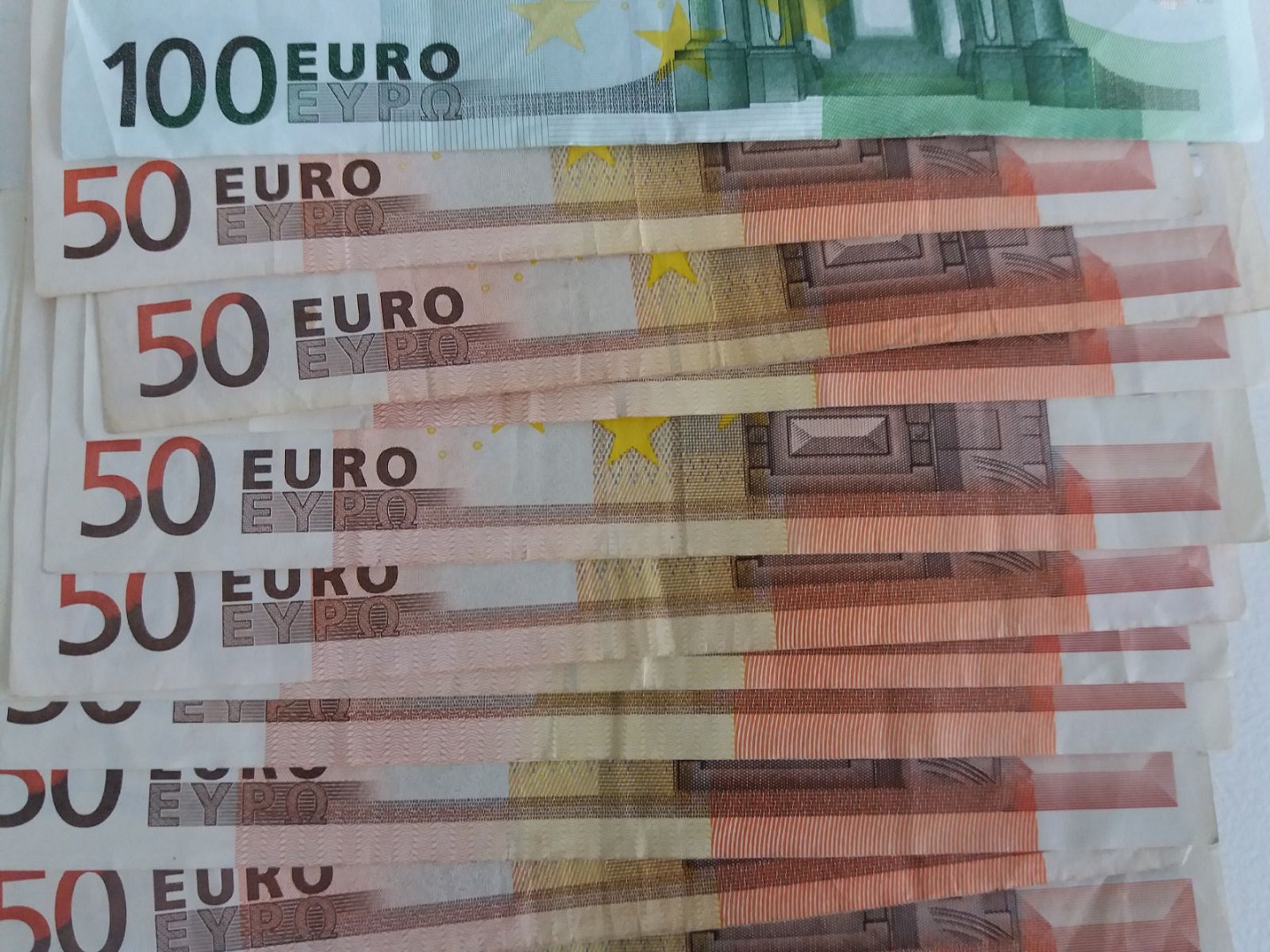TU Delft is involved in three of the six Gravitation Programmes awarded by the Ministry of Education, Culture and Science. In total, EUR 113.8 million are reserved.
The three TU Delft programmes are: Brainscapes (Prof. Boudewijn Lelieveldt, EEMCS); Hybrid Intelligence (Prof. Catholijn Jonker, EEMCS); and Ethics of Socially Disruptive Technologies (Prof. Ibo van der Poel and Prof. Sabine Roeser, TBM). See ‘TU Delft active in three new Gravitation programmes’ for more information.
Ethicists Ibo van de Poel and Sabine Roeser, are extremely happy with this project. They are two of the six main researchers behind Ethics of Socially Disruptive Technologies.
“This project is the cherry on the cake of our pioneering work over the last decade. During this time we were in the starting blocks of the growing subject areas of technology-philosophy and technology-ethics at the technical universities in the Netherlands. The Gravitation projects enable us to go even further into our subject areas. We will research how philosophical core concepts such as freedom, responsibility and justice may have to be re-visited because of technological developments. To do this, we will work with other philosophers as this has repercussions for both philosophy and technology scientists in general. We will look at how technological developments can do justice to important moral values.”
The grants are part of the Ministry of Education, Culture and Science’s Gravitation programme. The consortia will receive between EUR 17.4 and EUR 20.30 million for pioneering research into complex brain conditions, the development of stress resistant agricultural crops and the emergence of chronic illnesses.
The money will allow the researchers to do top level research for 10 years. The programme emphasises interdisciplinary collaboration between different universities.
Mix
The grants will be allocated by an international evaluation committee at the NOW, the scientific funder. NWO received 34 applications, of which they honoured six.
NWO Chair, Stan Gielen, is happy that there are more young scientists in the consortia than previously. NWO was asked to involve more young scientists in research and this seems to have paid off. Apart from the working researchers, the consortia are appointing an average of 36 new PhD students, 14.5 postdocs and 1.5 tenure trackers.
HOP, Melanie Zierse, Jos Wassink
Do you have a question or comment about this article?
redactie@hogeronderwijspersbureau.nl


Comments are closed.